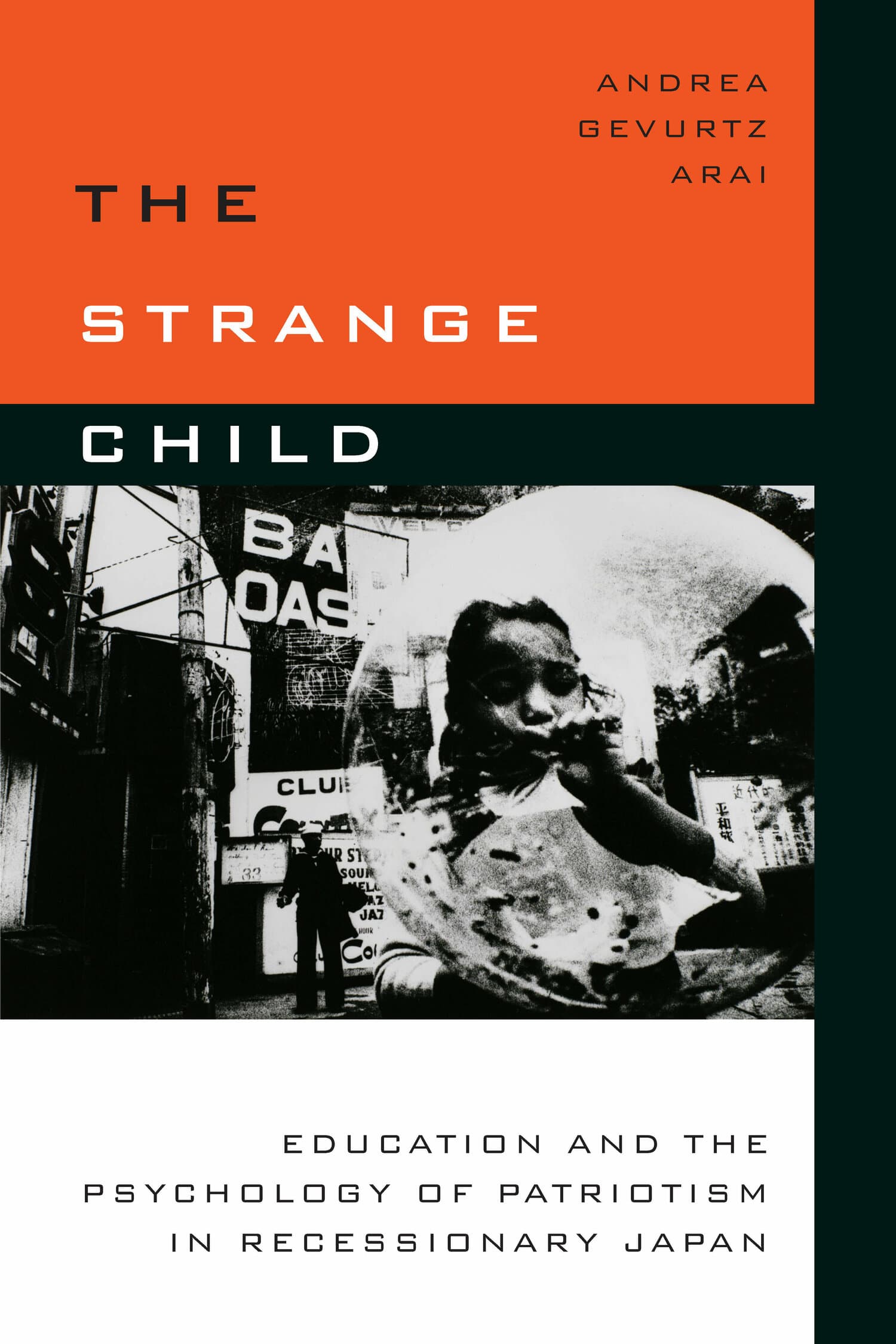Fragile Elite

China's One Child Policy and its rigorous national focus on educational testing are well known. But what happens to those "lucky" few at the very top of the pyramid: elite university students in China who grew up under the One Child Policy and now attend the nation's most prestigious universities? How do they feel about having made it to the top of an extremely competitive educational system—as their parents' only child? What pressures do they face, and how do they cope with the expectations associated with being the best?
Fragile Elite explores the contradictions and perplexities of being an elite student through immersive ethnographic research conducted at two top universities in China. Susanne Bregnbæk uncovers the intimate psychological strains students suffer under the pressure imposed on them by parents and state, where the state acts as a parent and the parents reinforce the state. Fragile Elite offers fascinating insights into the intergenerational tensions at work in relation to the ongoing shift in educational policy and definition of what a "quality" student, child, and citizen is in contemporary China.
"Fragile Elite is a beautifully-written ethnography of students at elite Chinese universities. Bregnbaek integrates vivid stories of these students' experiences and perspectives with analysis of the familial, psychological, social, and political factors that fill their lives with anxiety."—Vanessa L. Fong, author of Paradise Redefined: Transnational Chinese Students and the Quest for Flexible Citizenship in the Developed World
"Clear and unassuming in style, Fragile Elite is in fact a sophisticated meditation on Chinese parent-child relationships today, and on the dilemmas faced by China's young people as a result of the country's recent and rapid transformation."—Charles Stafford, London School of Economics
"This book ultimately offers a fascinating illumination of the lifeworlds of a social group that carries great significance and prestige in Chinese society. Bregnbæk boldly deciphers social issues through the terminology of existential anthropology and opens avenues for intriguing intercultural comparisons. Scholars who are interested in Chinese society, social mobility via education, and the hopes and anxieties of young people will find this book thought-invoking. "—Gil Hizi, Anthropological Forum
"Throughout, this is an engaging ethnographical work focusing on current youth and their existential dilemmas in China. In framing this in terms of the Oedipal project, Bregnbæk provides insightful analysis of issues related to the impact of parental control and state control on elite students. She exposes the bigger picture of elite higher education in China by illuminating the tension between self-sacrifice and self-realization. In this sense, the book deserves to be read by scholars and students interested in education and contemporary social change in China."—Chongmin Yang , China Review International
"Susanne Bregnbæk has written a powerful analysis of the pressure and contradictions experienced by Chinese students at two elite universities in Beijing...Bregnbæk's work underlines the need to re-think how the psychology of young people in elite educational institutions is influenced by intertwined histories of the family and the state."––Sol Gamsu, Children's Geographies




